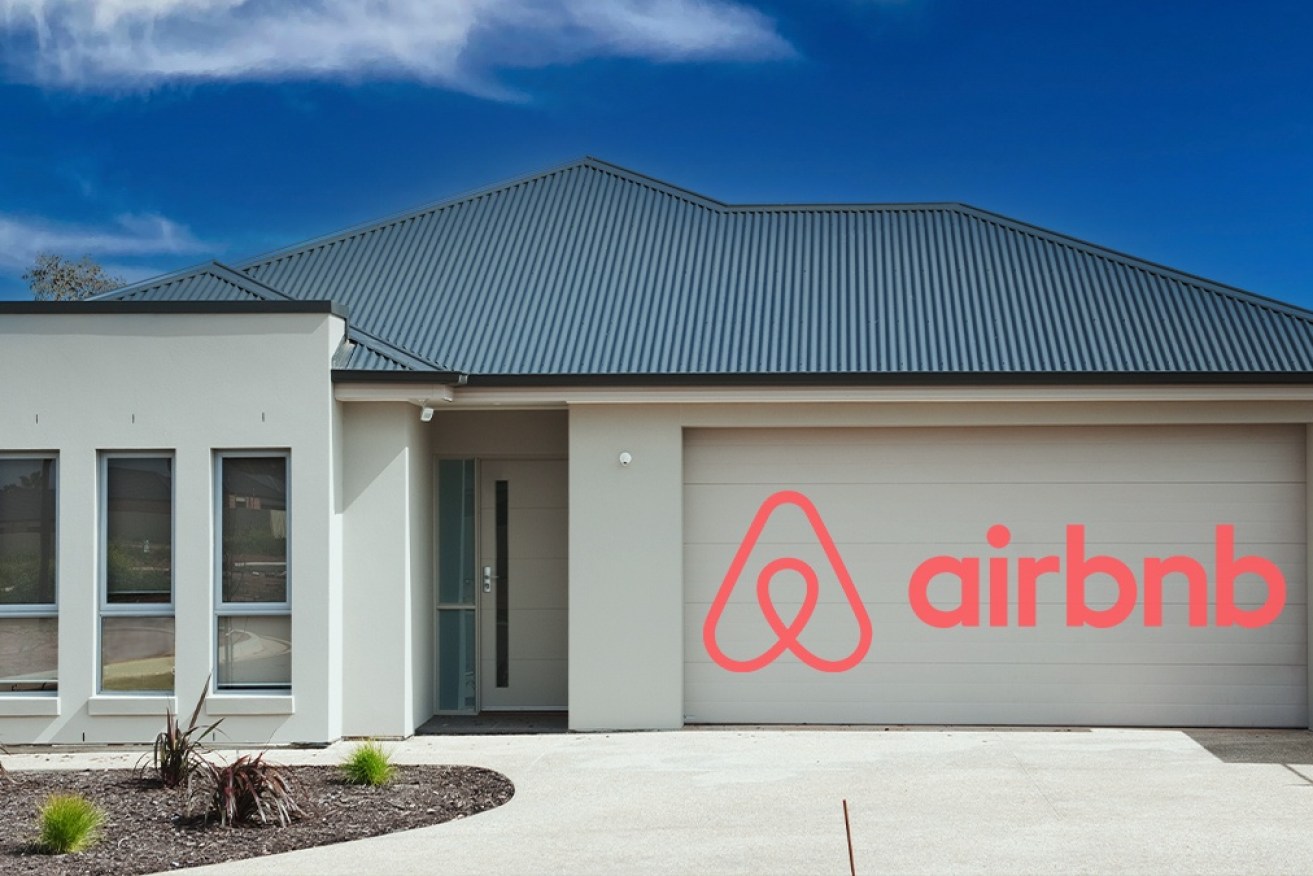‘Bad news for renters’: Landlords chasing big dollars with Airbnb


Incentives and taxes are being deployed amid the shifting ground for short-term accommodation providers across Australia. Photo: TND/Getty
National rental listings have plunged to a record low as landlords shift focus to short-term leases in the name of maximising profits.
SQM Research data shows national residential rent listings sat at a touch more than 55,000 in the second week of August – a slight recovery from the 40,061 listings seen in April.
These numbers represent an 11-year low in Australian rent listings.
Meanwhile, Airbnb saw listings on its website explode this year, with a 30 per cent rise in new ‘Hosts’ between April and the end of June.
Chris Pettit, director at the University of New South Wales City Futures Research Centre, said the increase in landlord appetite for the short-term rental market comes down to two major factors – profitability and the rising popularity of domestic tourism.
“We’ve got the ongoing issue of taking out long-term rental stock and putting it into short-term rental,” Dr Pettit said.
“You don’t need to change that percentage by much to reduce the overall vacancy rates of the rental stock.
“It’s not good news for renters.”
Landlords chasing higher profits
Dr Pettit said a sustained interest in domestic travel, thanks to uncertainty over international travel and restrictions, has encouraged an uptake in short-term rentals in tourist hotspots.
This trend will put further pressure on already-stressed Australian renters facing a tight and expensive market, with rents rising at the fastest annual pace since 2008 this year.
SQM Research data shows as of August 12, national rents are up 13.6 per cent year-on-year – but short-term rentals could hurt the wallet even more.
While SQM Research data shows Sydneysiders can expect to fork out an average of $643 per week on rent, vacation rental data and analytics firm AirDNA found Sydney Airbnb and Vrbo short-term rentals are going for an average rate of $249 per day.
With landlords chasing profits into the short-term market, Dr Pettit said fewer properties are being listed for rent, pushing regular rent prices up even further.
SQM Research managing director Louis Christopher said landlords could also be after more control, after state governments paused rent payment obligations during the first two years of the pandemic.
“The rental moratorium that we had during COVID really scared off a lot of landlords,” Mr Christopher said.
“Many landlords had the situation where the tenants that they had in there just stopped paying the rent, and there was literally nothing the landlord could do about it.
“That experience has made landlords reconsider the short-term leasing market when such constraints are placed upon them.”
But Propertyology head of research Simon Pressley said there is “zero evidence” short-stay accomodation is driving the rental crisis.
“Of the three million rental properties in Australia, only 106,000 are short-stay, and some of these properties are owner-occupied but have a bedroom or cabin listed on Airbnb,” he said.
No end in sight
Mr Christopher said while the short-term rental market could become oversaturated if the move away from long-term leases continues, it’s not showing any signs of slowing down yet.
“There is a probability that … we’ll see a rebalancing of the market,” he said.
“But for now, that’s not the case at all.”
Dr Pettit said landlords need more incentives to stay in the long-term lease market.
As the regulatory environment around rental properties and platforms like Airbnb is currently “lightweight”, he said more regulations need to be introduced around the number of properties that can be put on the short-term rental market, and for how long.
For example, in 2021 the New South Wales government limited the number of days properties can be listed for short-term rent to 180 days per year in Greater Sydney and select regional local government areas.
“Without those regulatory conditions put in place, there’s limited incentive for landlords to look at long-term rentals as a preferred option,” Dr Pettit said.








